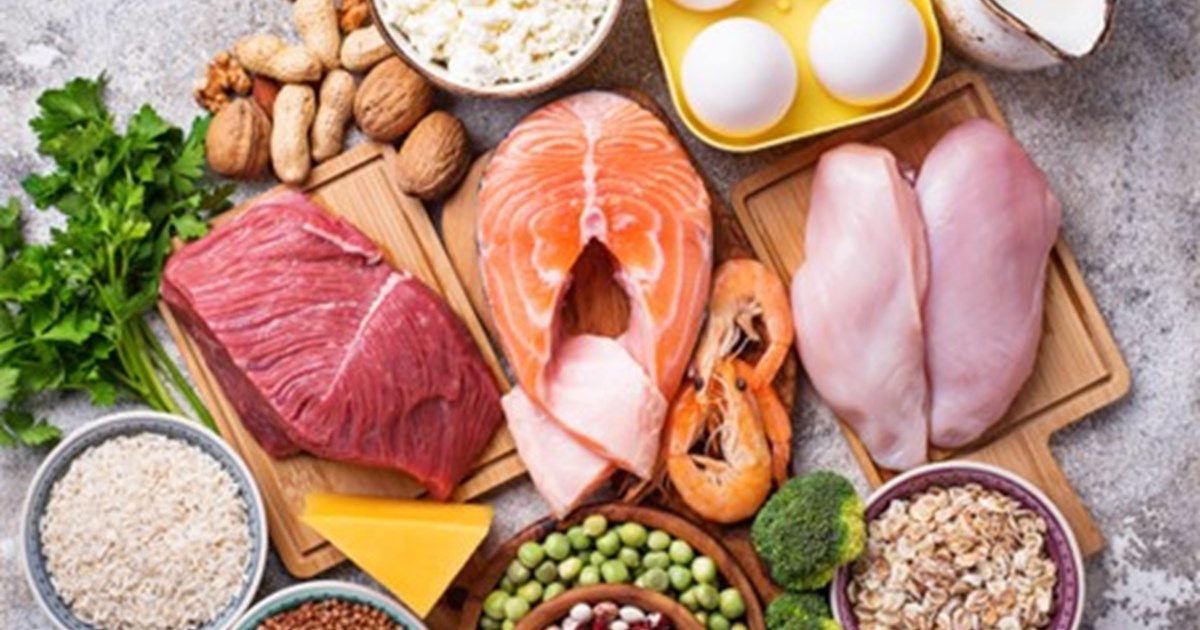Protein: An Essential Nutrient for Health and Vitality

Protein is one of the three macronutrients vital for fueling your body and its energy systems. Unlike carbohydrates and fats, the body cannot store protein, making regular consumption essential for maintaining good health.
The Importance of Protein in Health
Protein plays a fundamental role in promoting and sustaining overall health. From supporting muscle growth to bolstering immune function, its contributions are unparalleled.
Muscle Development and Repair
Protein is essential for muscle growth and repair, particularly after physical activity. During exercises like resistance training, microscopic damage occurs to muscle fibers. Protein helps rebuild and strengthen these fibers, leading to increased muscle mass and improved recovery.
Boosting Metabolism and Promoting Satiety
Protein requires more energy to digest compared to fats and carbohydrates; a process known for its high thermic effect. This characteristic not only boosts metabolism but also helps you feel fuller for longer, potentially reducing overall calorie intake and aiding in weight management.
Strengthening Immune Function
Proteins are key to a robust immune system. Antibodies, which protect the body from infections and illnesses, are made of proteins. A protein-rich diet ensures the body can produce sufficient antibodies to defend against health threats effectively.
Determining Your Protein Needs
The amount of protein you need depends on factors like age, sex, activity level and overall health. Protein should generally comprise 10-35% of your daily caloric intake.
-
-
- For sedentary adults, the Recommended Dietary Allowance (RDA) is 0.36 grams per pound (0.8 grams per kilogram) of body weight.
- For active individuals, particularly those engaged in resistance or endurance training, higher intake is beneficial. The American Dietetic Association (ADA) recommends 0.5-0.9 grams per pound (1.2-2.0 grams per kilogram) of body weight.
-
Athletes and those involved in intense physical activity may benefit from protein intake at the higher end of this range.
It’s important to distribute protein intake evenly throughout the day to maximize its benefits. Including protein-rich sources in each meal, such as lean meats, poultry, fish, eggs, dairy products, legumes and plant-based protein sources, ensures a steady supply of amino acids for the body.
For ideas on protein rich food, check out this guide:
|
Animal-based Sources |
Grams Per Serving |
|
Skinless chicken breast |
3 ounces = 28 grams |
|
Pork |
3 ounces = 22 grams |
|
Steak (lean cut) |
3 ounces = 26 grams |
|
Large eggs |
6 grams |
|
Dairy products (milk, yogurt, cheese) |
1 cup yogurt = 12 grams |
|
Seafood (salmon, tuna, shrimp) |
4 ounces salmon = 27 grams |
|
Vegan Sources |
Grams Per Serving |
|
Soy (edamame, soy milk, tofu) |
½ cup tofu = 10 grams |
|
Nuts (almonds, peanuts, walnuts) |
2 Tablespoons almonds = 3 grams |
|
Beans (lentils, chickpeas, black beans) |
½ cup black beans = 7 grams |
|
Grains (spaghetti, rolled oats, quinoa) |
½ cup rolled oats = 7 grams |
|
Veggies (spinach, potatoes, broccoli) |
1 cup cooked spinach = 5 grams |
|
Seeds (sunflower, chia) |
1 ounce chia seeds = 4.7 grams |
The Power of Protein
Incorporating sufficient protein into your daily diet is crucial for muscle development, immune function and overall well-being. No matter your lifestyle, meeting your protein needs unlocks the full potential of this powerful nutrient. By choosing a variety of protein-rich foods and tailoring your intake to your specific needs, you can harness the power of protein for a healthier, more vibrant life.
